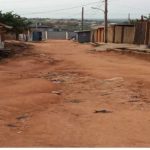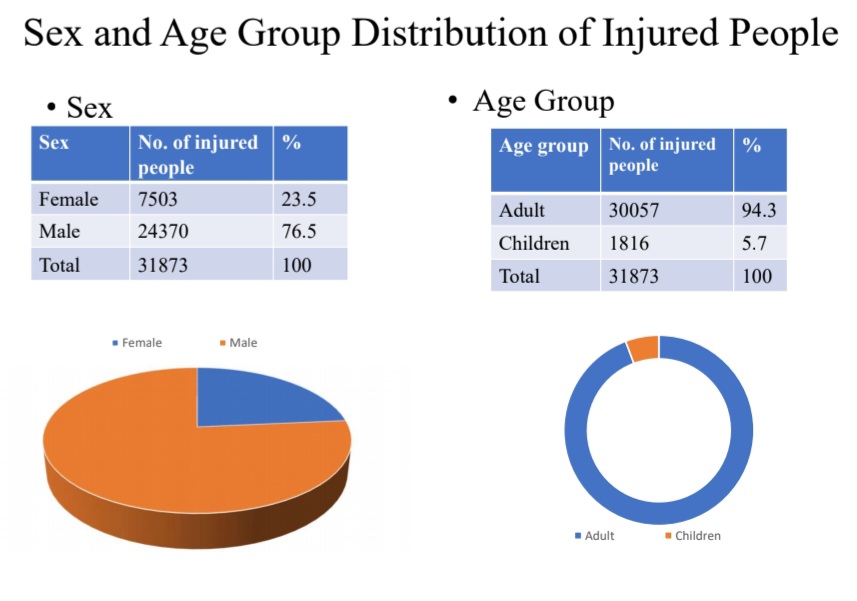By Fumilayo Thomas
Under the scorching sun, Adeyemo Kikelomo, a 300-level student in the Department of Biology Education at Adeyemi Federal University of Education, was spotted desperately searching for charcoal in Oka.
Kikelomo explained that besides the rising cost of gas, transportation had become unbearable. “I’d rather cook with charcoal than endure walking under the hot afternoon sun after class,” she bemoaned.
Petroleum Industry Bill Marks New Era for Nigeria’s Energy Sector
According to a report by Africa Business on March 29, 2021, Nigeria’s President Buhari unveiled “The Decade of Gas,” aiming to position Africa’s largest oil producer to capitalize on the global energy transition.
This initiative coincides with significant reforms in the sector, including the long-awaited Petroleum Industry Bill, promising a monumental transformation.
President Buhari highlighted the historical lack of infrastructure as a key obstacle in Nigeria’s energy sector, leading to the untapped potential of its gas reserves. The proposed pipeline project could revolutionize the landscape, addressing critical electricity needs in a cleaner, more sustainable manner.
In a report by Vanguard in 2023, the Nigeria Custom Service announced the conditional lifting of the ban on exporting processed wood, charcoal, and related products. As per circular reference numbers T&T/2023/CIRCULAR NO.8, dated June 8, 2023, and signed by Assistant Comptroller General of Customs, Musa MBA, the service confirmed the immediate lifting of the administrative ban on these exports.
We Can’t Survive with Soaring Prices – Students Cry out
The allure of cooking gas, once hailed for its affordability at a modest price of 650 and N800, now faces a tumultuous journey, soaring to unprecedented heights between N1500 and N2000 per kilogram, contingent upon one’s geographical location.
As the cost of natural gas skyrockets, its counterpart, firewood, and charcoal, emerge as humble alternatives, boasting price tags of N100 and N200 respectively.
However, these substitutes pale in comparison to the cost-effectiveness of gas per kilogram.
In the heart of this economic storm, students across various universities in the state find themselves at the mercy of these shifting tides.
In an interview with this reporter, they bemoaned the escalating prices of cooking gas, which coerced them into begrudgingly embracing firewood and charcoal.
Babatunde Ruth, a spirited student from Adekunle Ajasin University from Political Science department also shared her plights.
She recounted the struggle, admitting that the soaring gas prices have forced her and her villa mates into the warm embrace of charcoal, as gas becomes an unattainable luxury.
Yet, in the face of adversity, Ruth and her companions refuse to yield to defeat. They entertain the notion of pooling resources to acquire a new charcoal pot, envisioning it as a worthy successor to their beloved gas stove. “I see no harm in it, “though it does tend to soil the pots rather swiftly.” Ruth said.
Despite the perceived drawbacks, Ruth extolled the virtues of charcoal’s efficiency.
In the midst of rising costs and shifting culinary landscapes, Ruth and her peers stand as resilient pioneers, proving that even in the face of adversity, the spirit of innovation and adaptation burns brightly.
Moreso, in Adeyemi Federal University of Education (AFUED) Ondo, Omoniyi Oluwatomisin, finds herself grappling with the harsh reality of soaring natural gas prices amidst a backdrop of inflationary pressures. With a heavy heart, she recounts the distressing ordeal of witnessing gas prices surge to unprecedented heights, ranging between #1,500 to #1,600 in her locality.
No longer can she afford the luxury of regular cooking, as a single kilogram of gas scarcely lasts a week. “It’s heartbreaking,” she laments, “and it’s taking a toll on me as a student.
I used to enjoy cooking, experimenting with recipes and flavors, but now, with the skyrocketing gas prices, it feels like a luxury I can no longer afford. A single kilogram of gas barely lasts a week, and every time I have to buy a refill, it’s a painful reminder of the financial strain I’m under. Cooking used to be a way for me to relax and unwind after a long day of studying, but now, it’s become a source of stress and anxiety.” she said.
Meanwhile, in Rufus Giwa Polytechnic (RUGIPO), Eden Precious, from the Department of Mass Communications, confronts the economic turbulence gripping the nation with steadfast determination.
In the face of adversity, Precious adopted a proactive approach, meticulously scrutinizing her expenses and seeking ways to trim unnecessary costs. “It’s definitely a challenge, but I’m doing my best to weather the storm.” She said.
“It’s not as convenient, but it’s a necessary sacrifice to rein in expenses and navigate these turbulent times.” She added.
Moreover, Precious advocated for a multifaceted approach that encompasses policy interventions, subsidies, and promotion of alternative cooking technologies.
“By stabilizing prices, incentivizing local production, and reducing dependency on imports, policymakers can mitigate the impact of price fluctuations and pave the way for a more sustainable and affordable future.” She said.
Gas Price Surge Shifts Consumers’ Behavior- Charcoal & Gas Sellers
Mr. Chike, the CEO of Chike Gas, a prominent gas distributor in Akungba-Akoko, expressed deep concern over the recent surge in gas prices. “Since the increment in gas, it has been affecting me negatively because students and community members have reduced the way they refill their cooking gas,” he shared somberly.
Detailing the impact of the price hike, Mr. Chike revealed that their selling and refilling price has soared to N1,500, up from the previous range of N800 to N1,000.
Also, Nuwosu Anita, a gas retailer in Akungba-Akoko, echoes Mr. Chike’s sentiments, lamenting the downturn in business since the price surge earlier this year. “Students only fill gas to boil noodles and warm food; they no longer use gas for cooking again,” she observes ruefully.
As gas usage dwindles, charcoal emerges as a popular alternative among students. Anita noted the shift in consumer behavior, with students opting for charcoal to cook beans, yams, and even for frying.
In Ibaka market of Akungba-Akoko, Mrs. Bosede Akadri, a charcoal seller, witnessed a surge in demand as students and community members sought affordable cooking alternatives. “Ever since the price of cooking gas has skyrocketed, students and even members of the community have been patronizing her,” she reveals.
Mrs. Akadri underscored the affordability of charcoal compared to gas, with prices ranging from N100 to N200 per nylon, a stark contrast to the N1,500 per 1kg of cooking gas. “I do make a lot of sales whenever I open because I don’t usually open my shop every day,” she added, emphasizing the steady demand for this cost-effective cooking solution.
Expert Calls for Action
Professor Bayo Fatukasi, an economic expert and lecturer at Adekunle Ajasin University, Akungba-Akoko, Ondo State, offered insights into the pervasive impact of inflation on both students and their families. He emphasizes that the current inflationary trends affect not only students but also their parents and indeed the entire populace.
Highlighting the adaptive behavior prompted by unattainable prices, Professor Bayo notes the widespread adoption of charcoal as an alternative fuel source among students and the broader population. This shift towards charcoal and even firewood exacerbates environmental concerns, leading to deforestation and its associated ramifications.
Expressing concern over the state of Nigeria’s economy, Professor Bayo underscores the urgency of local production to reduce dependency on imports. He stresses the need to revive domestic industries and foster employment opportunities to stimulate economic growth and resilience.
In outlining a path forward, Professor Bayo advocates for proactive government interventions aimed at reducing unemployment and promoting industrial development. He calls for the implementation of policies that prioritize local production and address systemic challenges hindering economic progress.
With a hopeful outlook, Professor Bayo expressed optimism about the potential for positive change under President Ahmed Tinubu’s leadership.
“I believe that with meticulous implementation of strategic policies, Nigeria can overcome its economic challenges and chart a course towards prosperity within the foreseeable future” he said.













